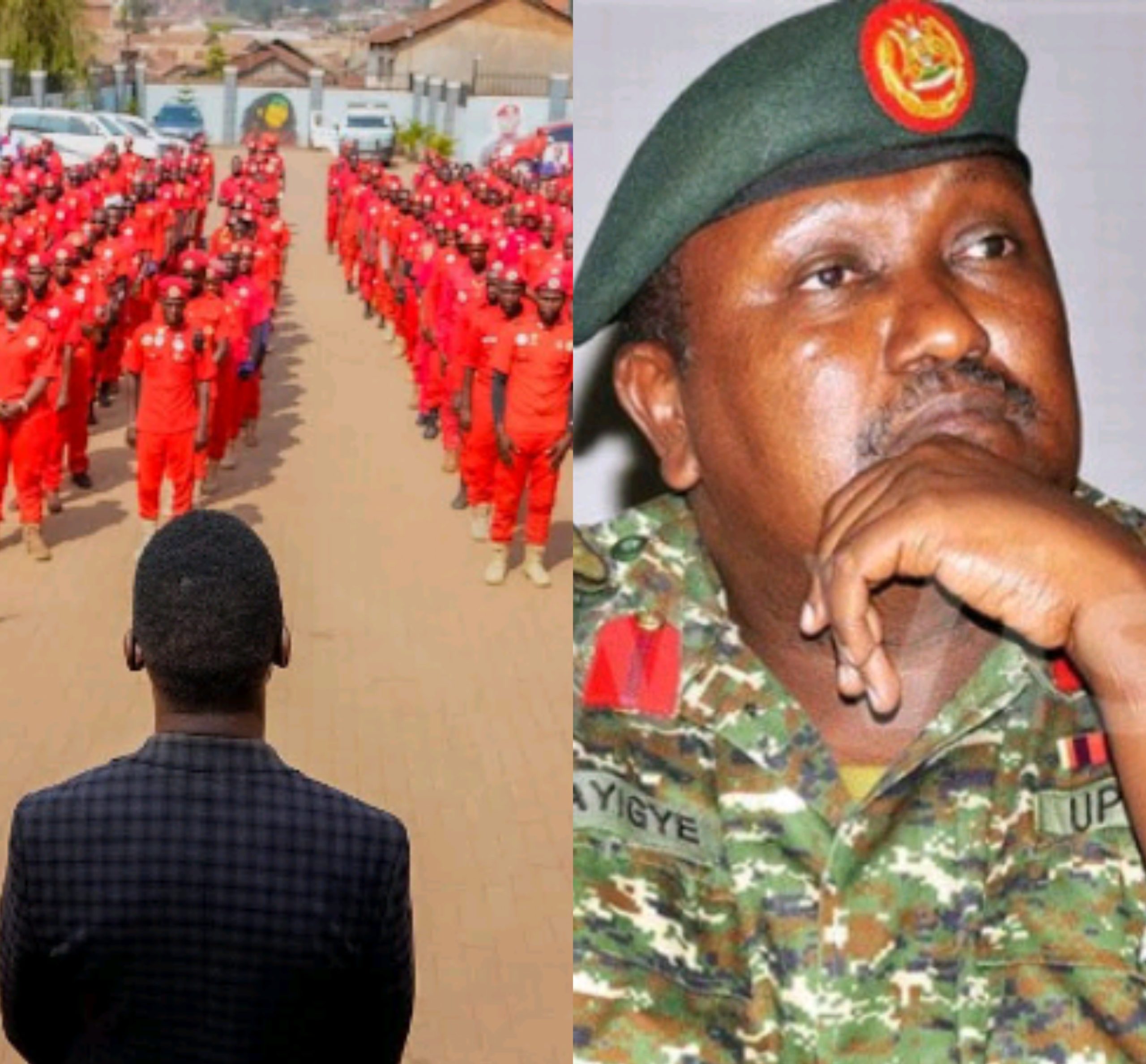Politics
“NUP Supporters Shouldn’t Be Arrested Even Though They Commit A Crime” Allegedly ‘New Human Rights’ Law Says

Uganda’s justice system is facing intense public scrutiny following reports about a so-called “special human rights law” that allegedly shields National Unity Platform (NUP) supporters from arrest, regardless of the crimes they commit. Although the law has not been formally passed by Parliament or gazetted, the notion has gained traction in courtrooms, police stations, and on social media, where every arrest of an NUP supporter is quickly framed as political persecution.

Critics argue that crimes that would normally trigger legal action—such as theft, impersonating soldiers, or violent offenses—are being downplayed when the accused identifies as an opposition party member. In such instances, the narrative often shifts from criminal behavior to claims of “state-inspired harassment,” leaving ordinary citizens bewildered.
NUP’s legal team has reportedly become highly adept at defending members under these circumstances. Lawyers are said to be on constant standby, ready with red berets and press statements to cast any arrest as politically motivated. One lawyer admitted that reviewing charges has become almost unnecessary, as their standard response is always: “Our client is being persecuted.”

Recent high-profile incidents have only fueled this perception. When Eddie Mutwe and Achileo Kivumbi were arrested in Masaka for allegedly assaulting journalists, supporters dismissed the arrests as attacks on freedom of expression. Similarly, when Bobi Giant and Fred Nyanzi allegedly conducted an illegal military-style parade at NUP headquarters, the act was rebranded by supporters as “a bold rehearsal for democracy” rather than a violation of military laws.
The public response has been one of confusion and frustration. A trader in Kikuubo described how his shop was looted by a known NUP activist. When he reported the crime, he was accused of being “an enemy of democracy.” The activist later posted online, framing the attempted arrest as persecution by regime operatives. “They took my radios and speakers,” the trader lamented, “but apparently, I am now the problem for calling the police.”

Some international human rights organizations have surprisingly praised the supposed law, calling it “a bold step toward protecting democracy.” A European activist even likened it to diplomatic immunity, suggesting that opposition members could now live without fear of arrest. However, analysts warn that the trend risks fostering lawlessness, as it may encourage individuals to commit crimes under the guise of political protection.
Police officers privately express a sense of helplessness. Many say that any attempt to arrest NUP supporters quickly goes viral on social media, drawing international attention and hashtags portraying officers as oppressors. “By morning, Amnesty International has already issued a statement,” one officer said. “It is easier to let them go than face global backlash.” With Uganda’s legal system under mounting pressure, critics fear the country could slide into a situation where even serious crimes are excused as political persecution.
















